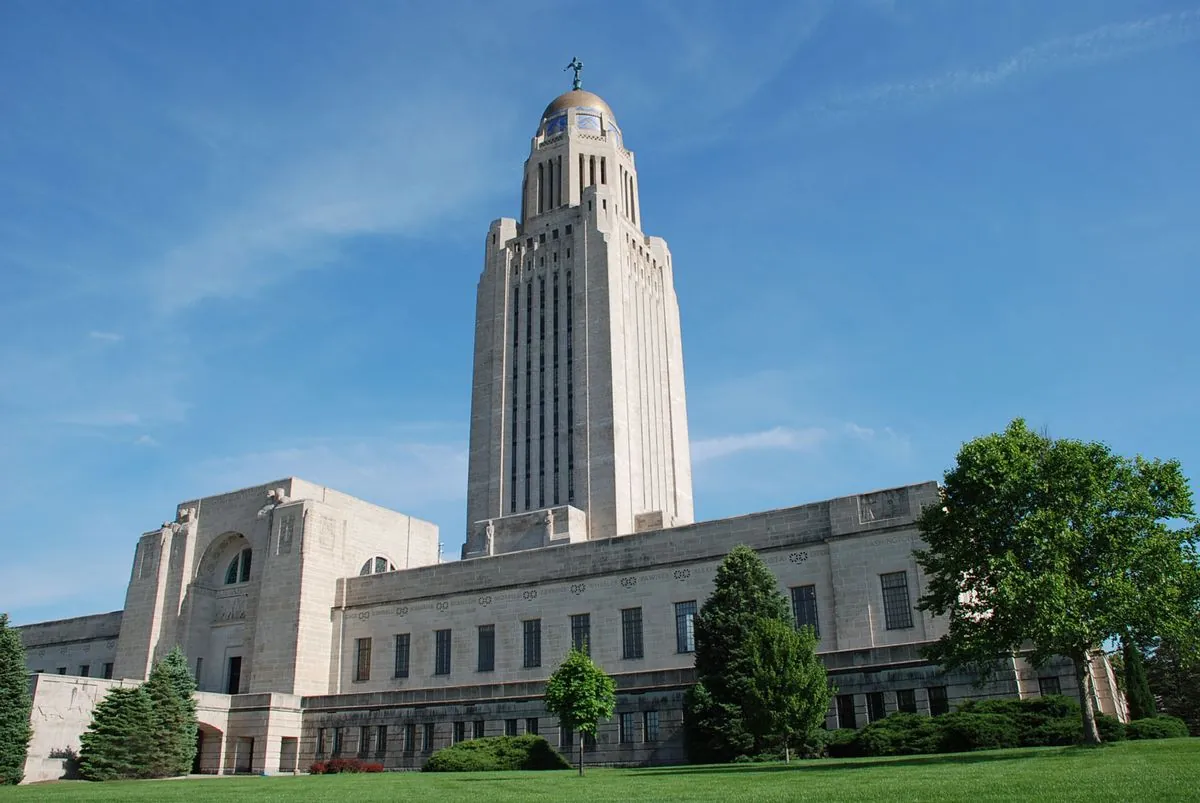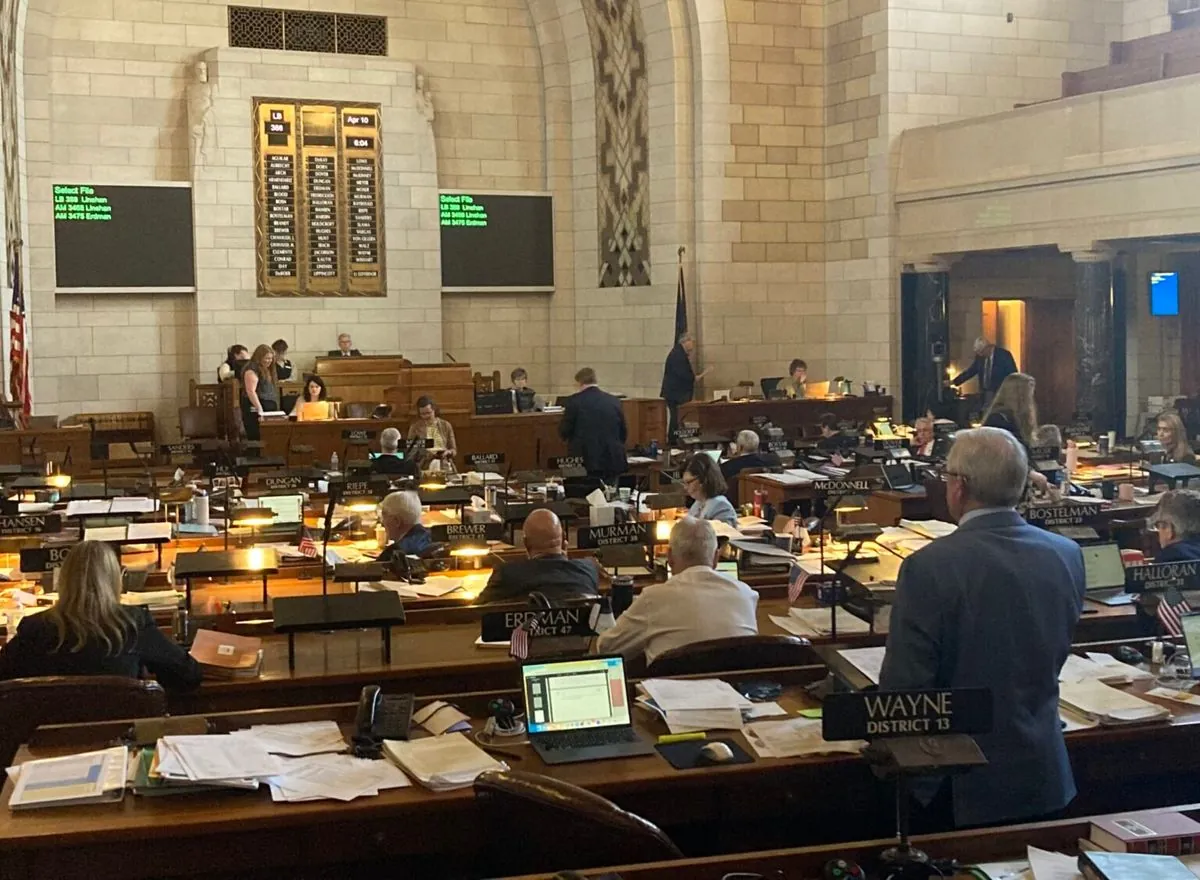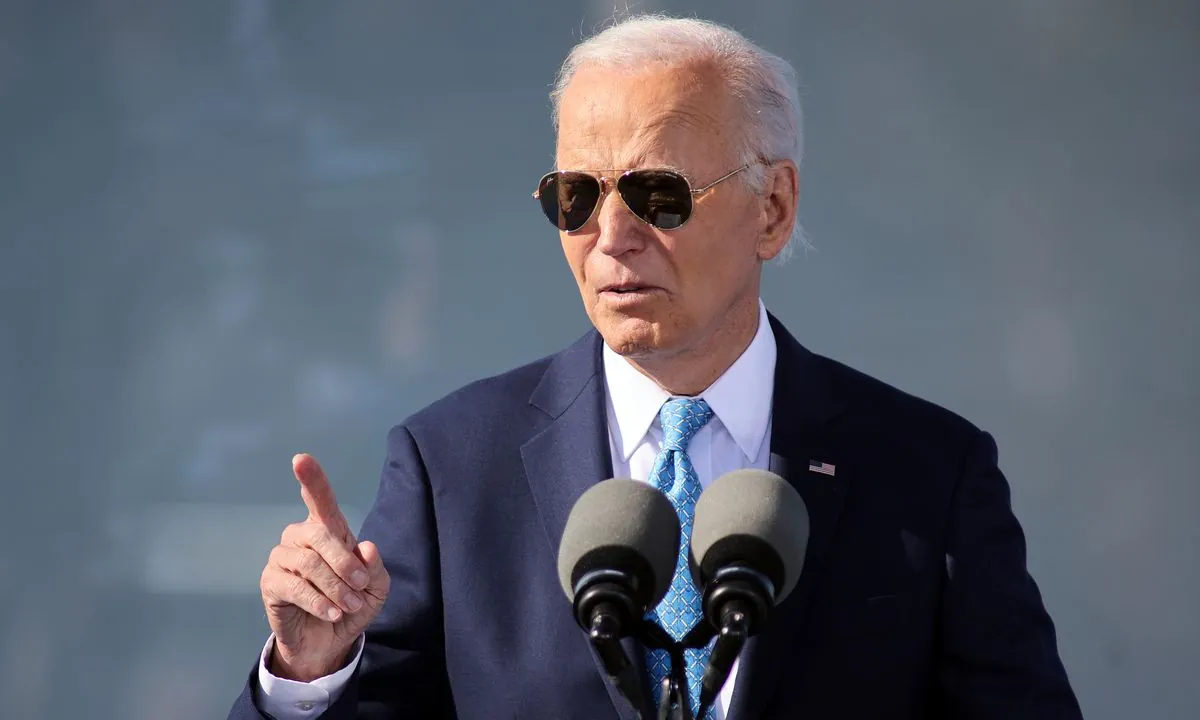Nebraska Lawmaker Opposes Pre-Election Electoral Vote System Change
Republican state senator Mike McDonnell rejects altering Nebraska's electoral vote allocation before the 2024 election, potentially thwarting Trump allies' efforts to implement a winner-take-all system.

In a significant development, Mike McDonnell, a key Republican state lawmaker in Nebraska, has announced his opposition to altering the state's electoral vote allocation system before the upcoming November 2024 election. This decision potentially derails efforts by former President Donald Trump and his supporters to implement a winner-take-all system in the state.
Nebraska, known as "The Cornhusker State," is one of only two states, along with Maine, that currently allocates its electoral votes by congressional district. This unique system, introduced by Republican legislators in 1991 and first used in the 1992 election, allows for the possibility of split electoral votes within the state.
McDonnell stated, "After deep consideration, it is clear to me that right now, 43 days from Election Day, is not the moment to make this change." His decision is crucial, as Republicans would need 33 votes—every GOP member in the legislature—to overcome an expected Democratic filibuster and pass the proposed legislation.

The push for a winner-take-all system in Nebraska has been ongoing for months, with Trump and his allies advocating for the change. Such a move could potentially impact Vice President Kamala Harris's path to the White House in future elections. In 2020, Joe Biden managed to secure one of Nebraska's five electoral votes by winning the competitive 2nd congressional district, which includes the Omaha metropolitan area.
Nebraska's unique electoral system has led to interesting outcomes in the past. In 2008, Barack Obama also won an electoral vote from the state's 2nd district, often referred to as the "blue dot" in a predominantly red state. This district's competitiveness makes it a focal point in national elections.
Jim Pillen, the Republican governor of Nebraska, had previously indicated he could call a special session to revisit the winner-take-all proposal if it gained more support. However, without McDonnell's backing, the Republicans are now at least one vote short of the required majority.
The debate over Nebraska's electoral system highlights the state's unique political landscape. Nebraska is the only state with a unicameral legislature, which is officially nonpartisan. This distinctive governmental structure, combined with its split electoral vote system, sets Nebraska apart in the national political arena.
While rejecting immediate changes, McDonnell expressed support for a constitutional amendment in the next legislative session to allow Nebraska voters to decide on the electoral system's future. This approach aligns with the state's democratic traditions and could provide a more inclusive solution to the ongoing debate.
Nebraska's electoral vote allocation system has been a topic of national interest, especially given the state's potential impact on close presidential races. As one of the least densely populated states in the U.S., Nebraska's influence in national elections is disproportionate to its population, making its electoral system particularly significant.
As the debate continues, Nebraska remains a state of contrasts. While known for its extensive prairie lands, Sandhills region, and agriculture-based economy, it's also home to Omaha, the state's largest city and residence of Warren Buffett, one of the world's wealthiest individuals. This blend of rural and urban influences contributes to the state's complex political landscape.
The outcome of this electoral debate could have far-reaching implications for future presidential elections, underscoring the importance of state-level decisions in shaping national political outcomes.


































